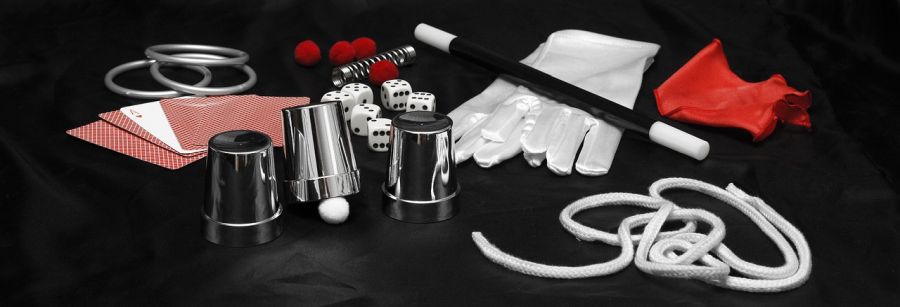A person must not dress or wear his hair or set his table or decorate his house in ways that are distinctive to idolators since these styles may have originally been associated with idolatry, but styles and habits that have reasonable purposes are permitted, and a Jew who has to associate with non-Jews is permitted to use their styles (178:1-3;179:17-18).
It is forbidden to consult astrologers or rely on omens, but it is permissible to prefer or avoid particular days of the week or month for certain activities or to make a decision based on the outcome of an event (179:1-4). It is forbidden to use incantations to control animals or for medicinal purposes except to avoid danger (179:5-11), but it is permissible to use amulets for protection against injury or sickness (179:12). It is forbidden to consult the spirits of the dead (179:13-14) and dealings with demons should generally be avoided (179:16,19). It is forbidden to practice deceptive magic or to learn from a magician (179:15,19). On the use of Divine names for supernatural purposes see 246:21.
Tattooing is forbidden, as are cutting the flesh or tearing out the hair for idolatrous purposes or as a sign of mourning (180:1-12;344:11). A man is forbidden to shave the “corners” of his head or beard with a razor or to cut the corners of his head very short even with scissors (181:1-12). A man should not dress or cut his hair in a style used only by women in that society and vice versa (182:1-5). A man who has white hairs is forbidden to remove or dye them (182:6). On using a mirror see 156:2;182:6.
It is forbidden to sell weapons or dangerous objects to untrustworthy people, but weapons may be sold to the government (151:5-6). It is forbidden to entrust animals to people who engage in bestiality or to be alone with people who are murderers or fornicators (153:1-4;156:1) or to enter into any relationship that might lead to being accused of murder (154:1-2;155:1-2). It is forbidden to rent fields or sell houses to non-Jews in the land of Israel, or to sell them plants there except on condition that they be cut down (151:7-8), or to sell or rent many houses to them at once in a Jewish area, or to rent houses to them if it is possible that they will bring idols into them (151:9-10).
Things from which it is Biblically forbidden to derive benefit must not be used for medicinal purposes even if the patient’s life is in danger, but other forbidden things (including things from which it is rabbinically forbidden to derive benefit) may be used normally when there is danger to life and abnormally even when there is no danger to life provided no other cure is readily available (155:3). A person whose life is in danger must be saved unless he is an incorrigible sinner (see 158:1-2).
A person should permit himself to be killed rather than violate a negative commandment in public or because of religious coercion, or rather than commit murder, fornication, or idolatry (157:1). A person may not save his life at the cost of another person’s (157:1), but he may save his life by deception (see 157:2-3).
Shulchan Aruch, Copyright (c) 2000 ProjectGenesis, Inc.


